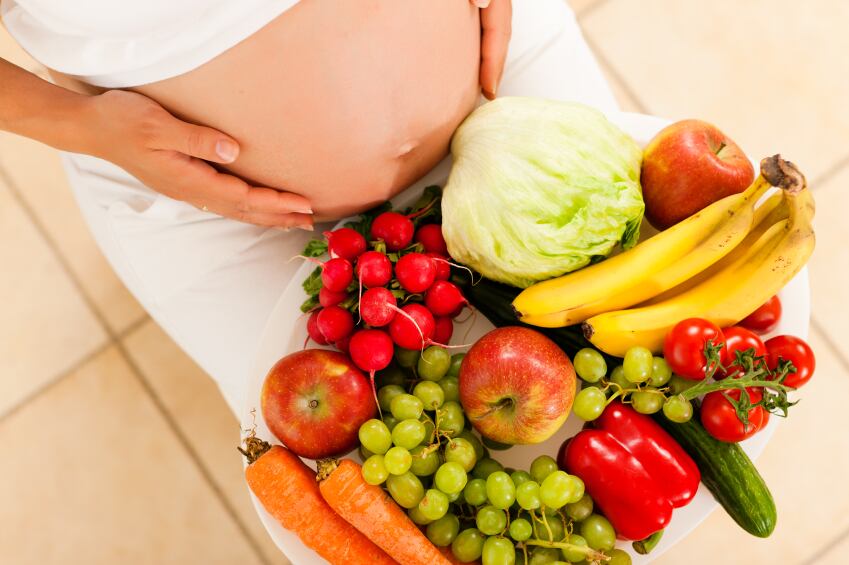The company has been collaborating with the EpiGen Consortium – a public-private partnership made up of institutions from Southampton, Auckland and Singapore – since 2011. Nestlé’s contributing scientists work from its research centre in Lausanne, Switzerland.

The company said it hoped epigenetics, the study of how environmental factors including eating behaviours could impact genetics of the consumer and therefore future generations, would help it understand more about the importance of maternal nutrition.
Chief technology officer for the firm Stefan Catsicas said it was particularly interested in the areas of pregnancy-related conditions such as gestational diabetes.
Heiko Schipper, CEO of Nestlé Nutrition, said: “Science shows that the nutrition infants and young children receive in the first 1000 days from conception has a long-lasting influence on their health, wellness and quality of life.”
University of Southampton’s Keith Godfrey, head of the EpiGen science management group, said the project would study mothers and infants from three distinct populations, which he said would provide further insight into the, “relationship between genetic background and nutritional influences on disease burden for the mother and infant”.
Established in 2006, EpiGen research have taken an epigenetic look at issues such as the impact of size at birth on risk of disease later in life.
One study, published in 2011, looked at maternal nutrition during pregnancy, such as a low-carb diet, and chemical changes to the baby’s DNA.
